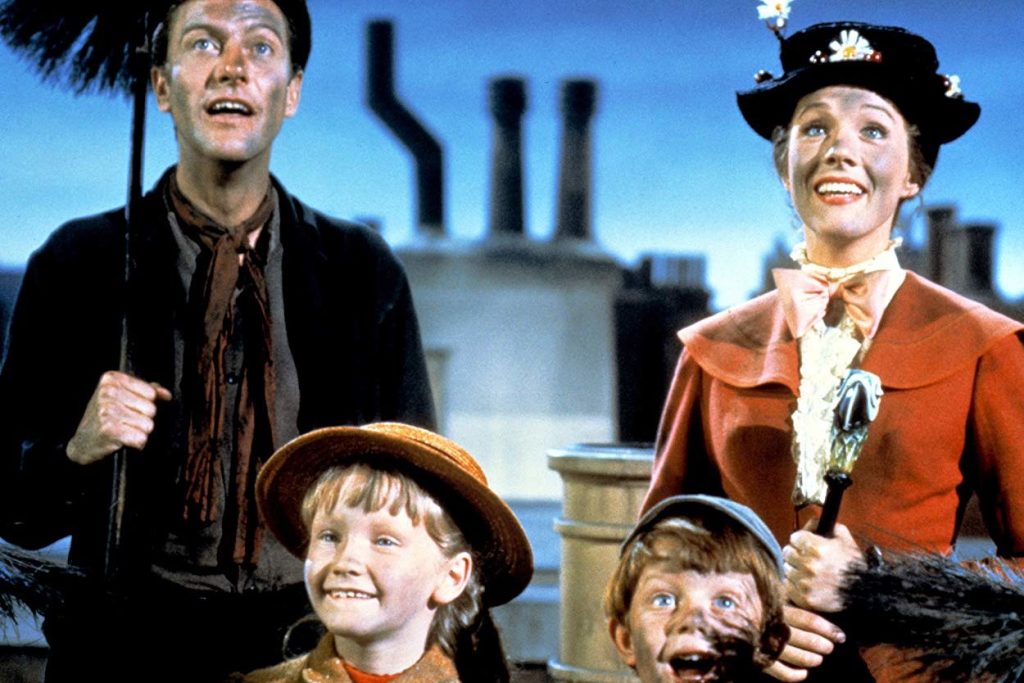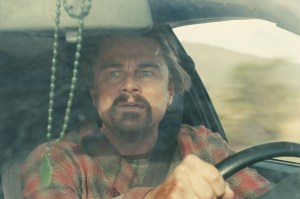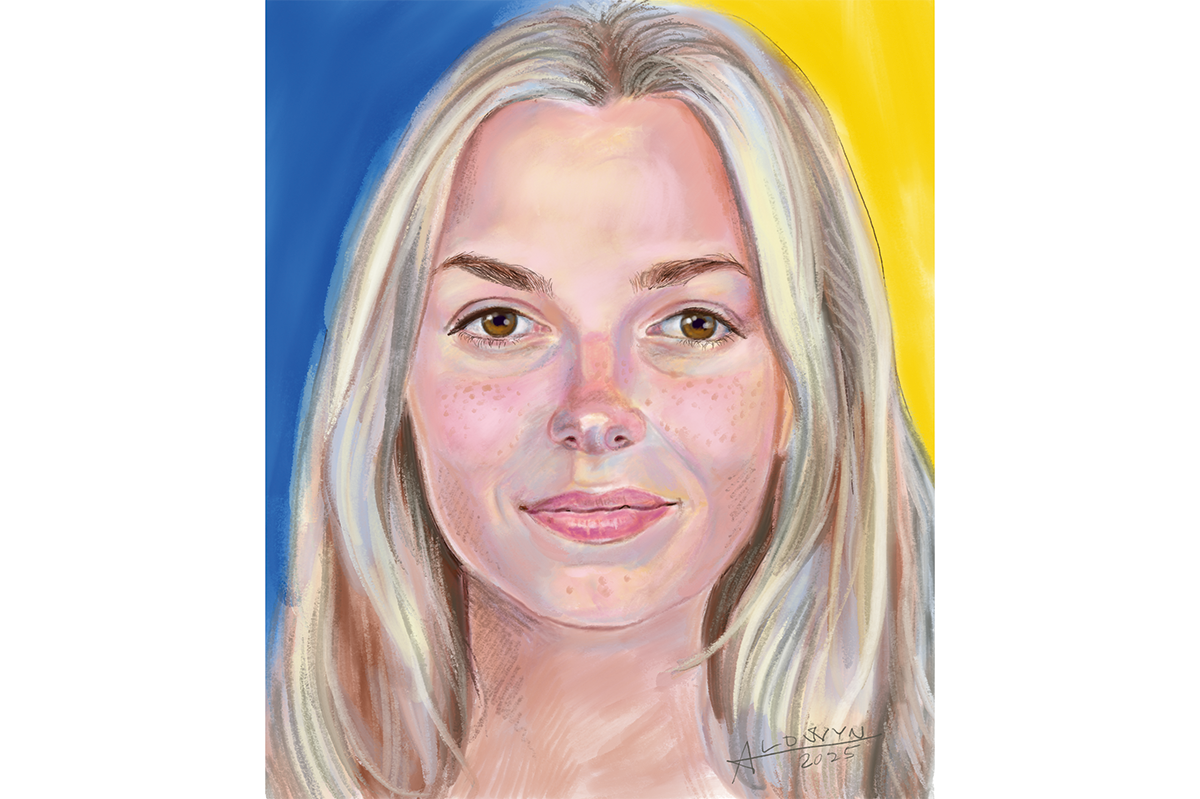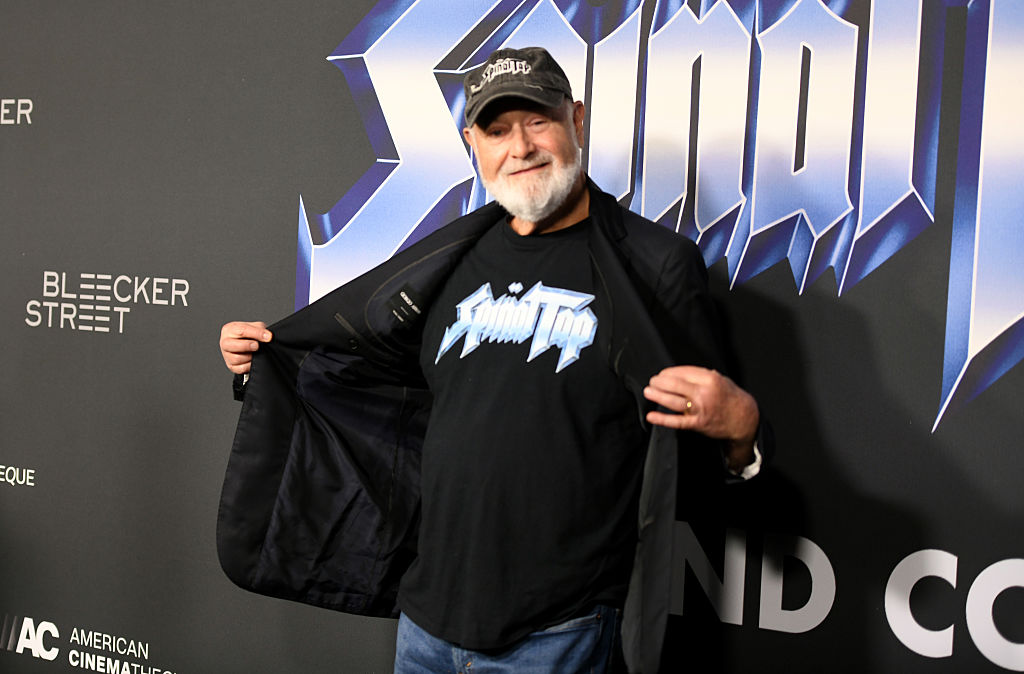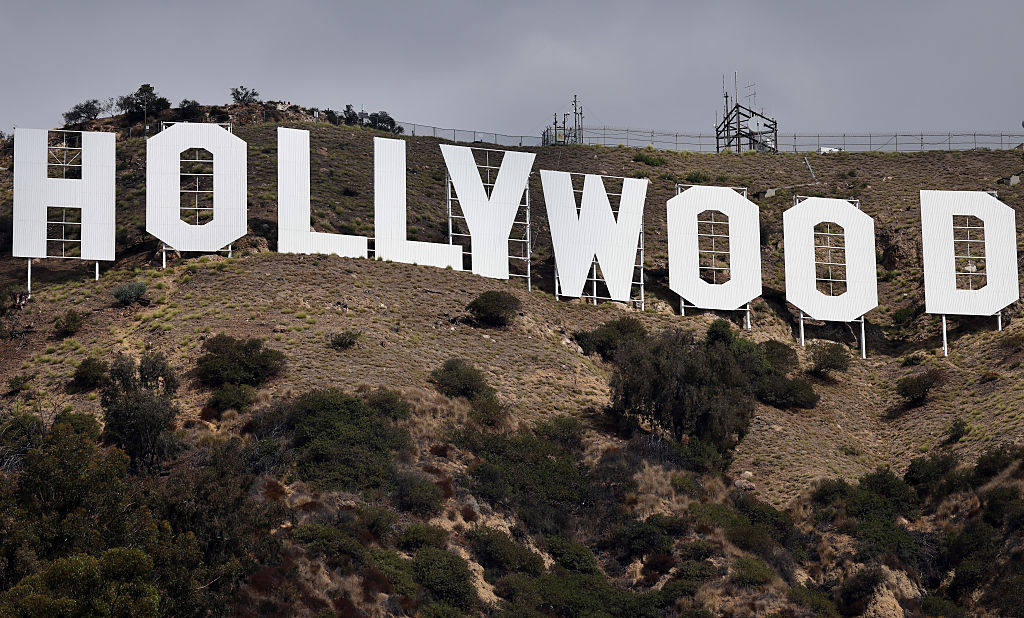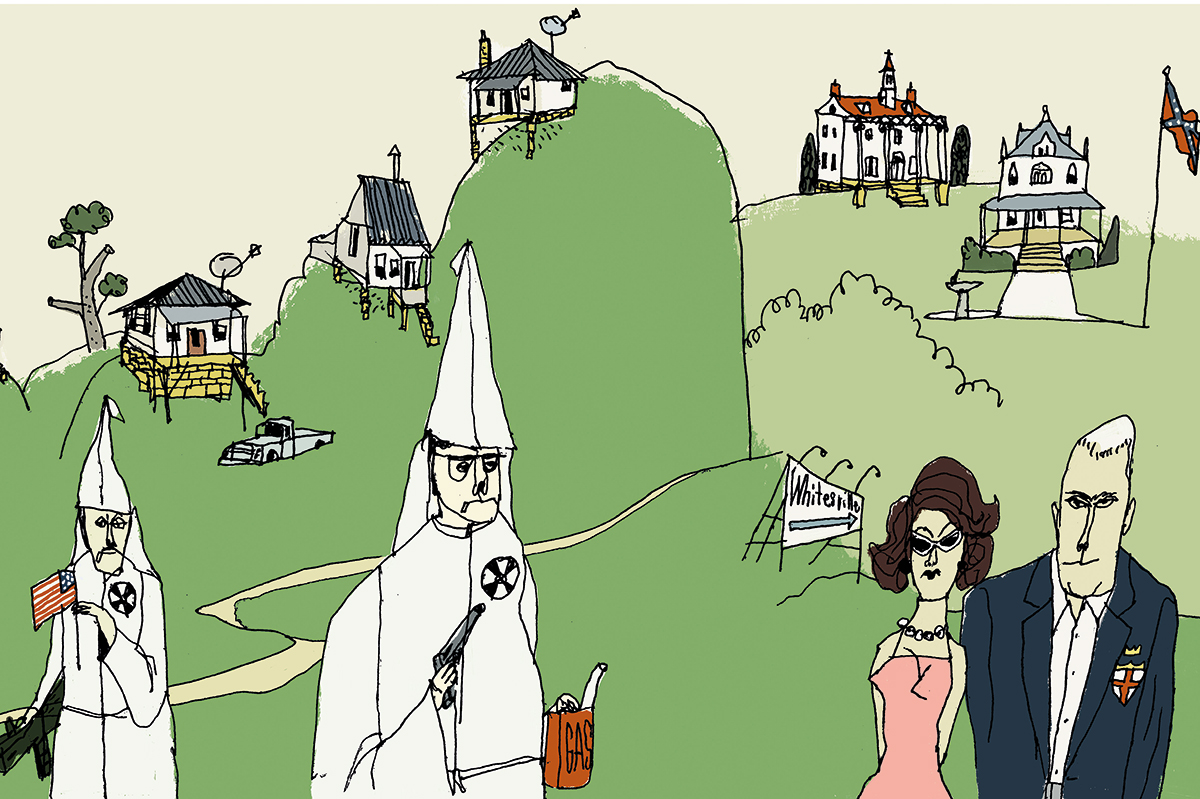No idea is too stupid to be entertained on the op-ed page of the New York Times. I was reminded of this truism last night when, changing the paper in the parrot’s cage, I read that the latest enjoyable vehicle for Lin-Manuel Miranda’s talents is not just a good 20 minutes too long, but also perniciously racist, if not sunk to its Victorian corsets in white nationalist propaganda.
‘Mary Poppins and a Nanny’s Shameful Flirting With Blackface’, wrote Daniel Pollack-Pelzner, professor of English and Contemporary Virtue at Linfield College, Oregon. Mary Poppins Returns, Pollack-Pelzner contends, is not intermittently supercalifragilistic and essentially harmless entertainment, but a racist device for the evoking of ‘nostalgia’ for the ‘blackface performance tradition’.
The prof refers, of course, to the filth on the faces of Dick van Dyke’s hideously white team of Cockney chimney sweeps, and to the notorious scene in which Julie Andrews revels in her white supremacy by dirtying her face so she can ‘step in time’ on the rooftops of London.
Now, I am no Poppins partisan. I would rather receive a strychnine enema from Julie Andrews than have spoonfuls of her sugary, shrill warbling forced into my ears. Dick van Dyke’s Cockney accent is, if you can imagine such a thing, worse than those of Audrey Hepburn (My Fair Lady) or that repeat offender Don Cheadle (Ocean’s Eleven to Thirteen). And the songs are feeble compared to those of Disney’s Jungle Book and Robin Hood.
Pollack-Pelzner is practicing the academic procedure of guilt by association. This is easily done in this case, because P.L. Travers’s novels, the original source of the Poppins franchise, were not only written by a demented follower of the Theosophist mind-power weirdo George Gurdjieff, but also by a child of their time. Pollack-Pelzner recites how in Travers’s first novel, Mary Poppins (1934), a magic compass carries the children around the world:
‘They meet a scantily clad “negro lady,” dandling “a tiny black piccaninny with nothing on at all.” (“Pickaninny” has long been seen as an offensive term for a black child.)’



